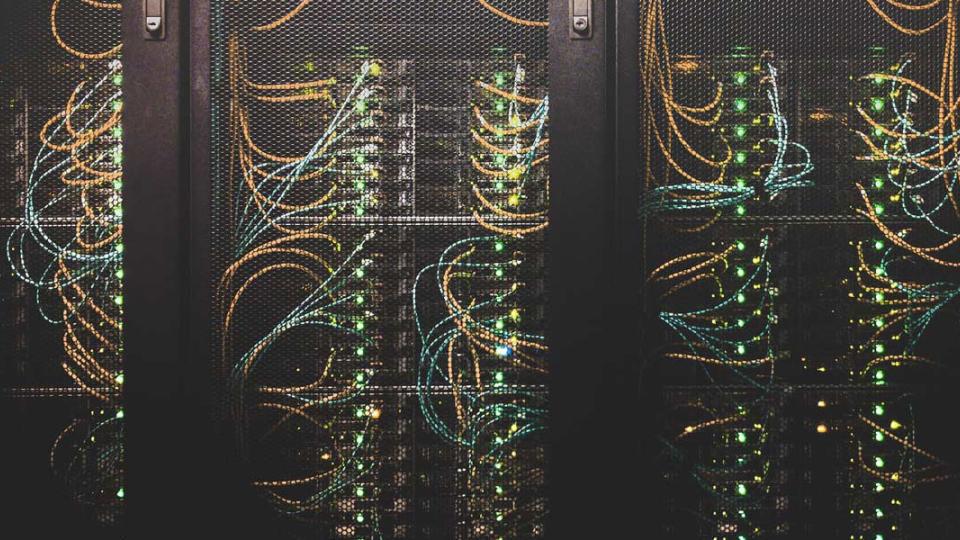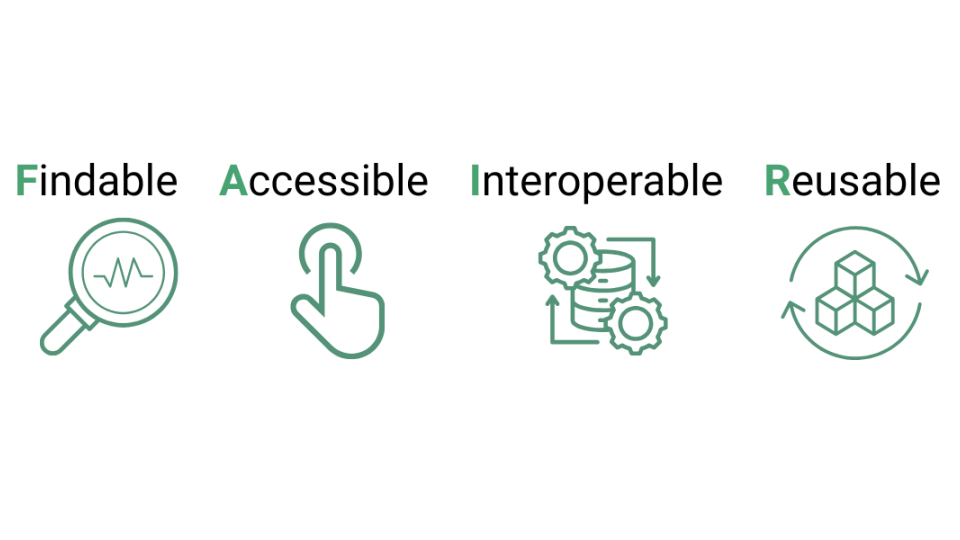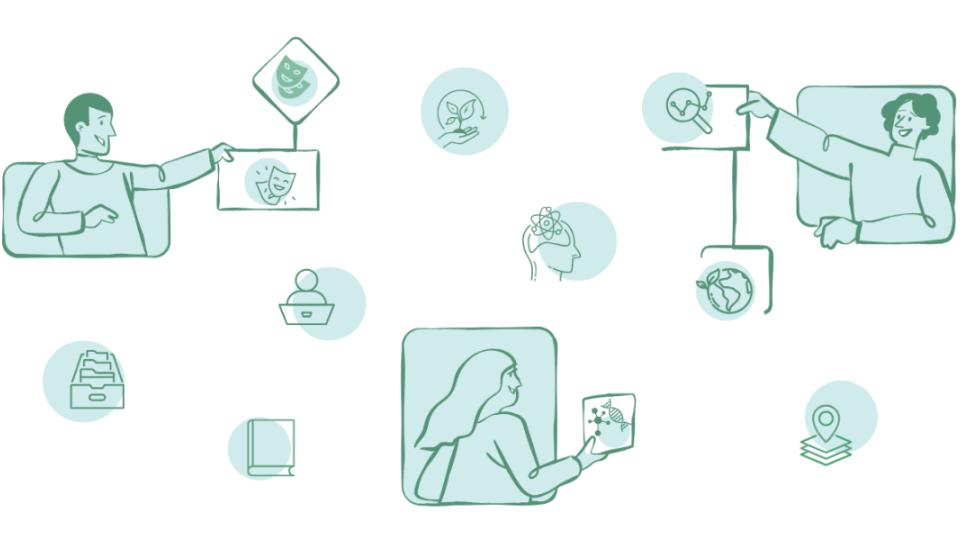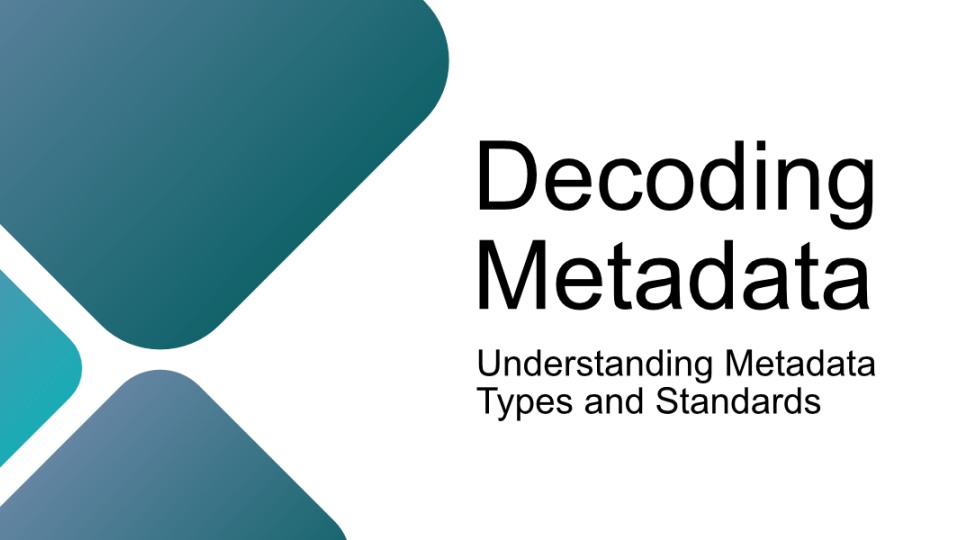World Community Grid enables anyone with a computer, smartphone, or tablet to donate their unused computing power to advance cutting-edge scientific research on topics related to health, poverty, and sustainability. It brings together volunteers and researchers at the intersection of computational chemistry, open science, and citizen science.
More than 30 research projects have been supported to date through the contributions of volunteers, individuals, and organizations. Projects include the search for effective treatments for cancer, HIV/AIDS, and neglected tropical diseases, as well as developing low-cost water filtration systems and new materials for capturing solar energy efficiently. World Community Grid is the largest of all volunteer computing initiatives and has become as powerful as some of the world’s fastest supercomputers.
How can this project help me?
If you become a World Community Grid volunteer you donate your device’s spare computing power to help scientists solve the world’s largest health and sustainability issues. By participating in the World Community Grid project, you will advance research in cancer treatment and clean energy. Research partners have published over 35 peer-reviewed papers in scientific journals.
How can I use World Community Grid and what are its benefits?
You can use World Community Grid with regular computers as well as with your Android mobile or tablet. To become a part of the World Community Grid network you need to install the open-source client from the BOINC website, which is used for projects like SETI@home, Climateprediction.net, Rosetta@home, and many others.



